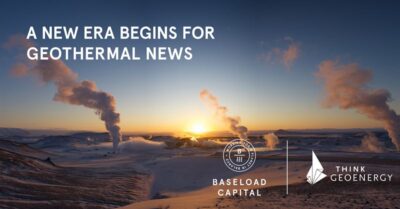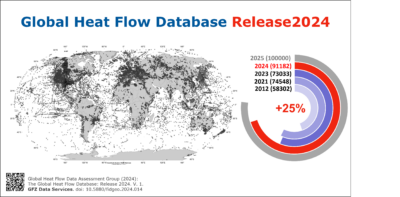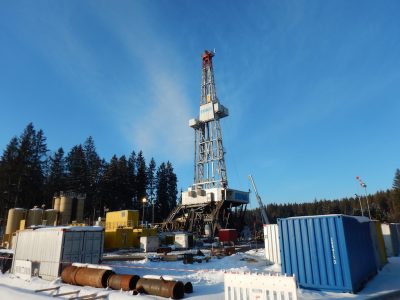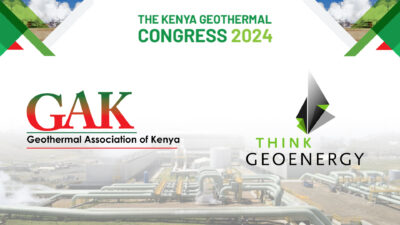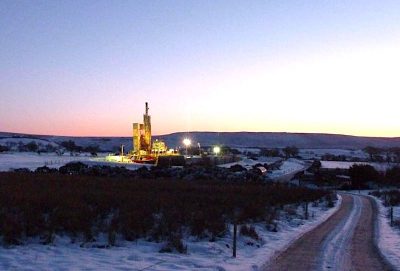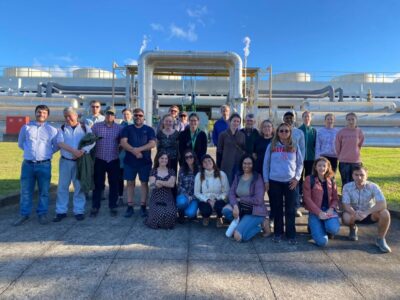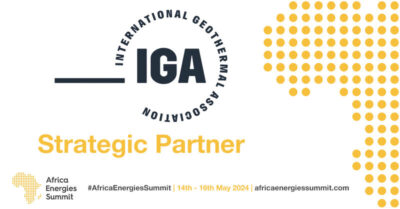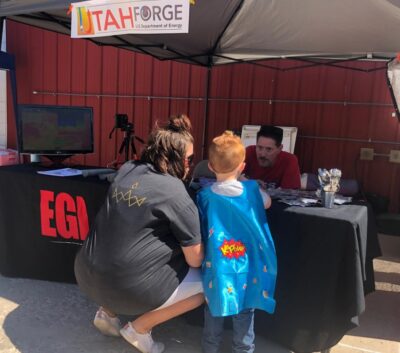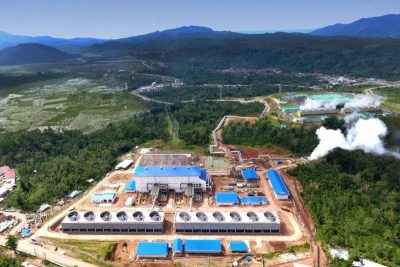Study released on economic viability on geothermal resources on BC, Canada.
"To better understand the economic viability of geothermal energy in British Columbia, Geoscience BC and partner BC Hydro retained Kerr Wood Leidal Associates Ltd. (KWL) in January 2015 who with its partner GeothermEx Inc. undertook a high level technical and economic assessment"
Geothermal exploration has occurred in British Columbia for a number of years. Currently however, no electricity is produced in British Columbia from geothermal sources. To better understand the economic viability of geothermal energy in British Columbia, Geoscience BC and partner BC Hydro retained Kerr Wood Leidal Associates Ltd. (KWL) in January 2015, who with its partner GeothermEx Inc. undertook a high level technical and economic assessment using publicly available information for 18 specified geothermal sites around the province.
There have been various estimates of the potential for geothermal power in British Columbia in recent years; this study takes into account the particulars of each site and estimates the combined potential of the nine most favourable of the 18 specified geothermal sites at under 400 MW. Based on public data and the Geothermal Electricity Technology Evaluation Model, or GETEM analysis used in this report, the levelized cost of electricity for these nine favourable sites ranges from 6.9-7.1 CAD c/kWh for Pebble Creek/Meager Creek to 17.6 CAD c/kWh for Clarke Lake.
The GETEM model was originally developed by the US National Renewable Energy Laboratory for the Department of Energy’s Geothermal Technologies Program to provide both a method for quantifying the power generation cost from geothermal energy, and a means of assessing how technology advances might impact those generation costs. Though GETEM is a complex tool and US-focussed, it has the capability to permit the input of specific values reflecting British Columbia conditions. Inputs to this model include: resource exploration, confirmation, and development costs; investment in power plant; field and power plant operational and maintenance costs; and other economic inputs (e.g. costs for power lines, roads, permitting and leasing, etc.). Where sufficient information was available to estimate the input parameters above, these parameters were included as inputs to GETEM. Otherwise, default parameters, internal to the GETEM program, were used.
“BC Hydro was pleased to participate in the study,” stated Randy Reimann, Director of Resource Planning for BC Hydro. “It offers a good estimate of how low costs could be and the potential of the resource on what we believe are the most promising sites for geothermal development.”
Carlos Salas, Geoscience BC’s Vice President, Energy stated, “This study provides British Columbians with a strategic economic framework necessary for the informed discussion of geothermal power generation in the province.”
Proprietary information gathered by individual proponents exploring for geothermal resources often represents more in-depth knowledge and could potentially result in a different cost of electricity than the cost produced by the GETEM model.
FOR FURTHER INFORMATION PLEASE CONTACT:
Carlos Salas
Vice President, Energy
Geoscience BC
(604) 662-4147
www.geosciencebc.com
Source: Press Release by Geoscience BC
EDITOR’S NOTE – STUDY FUNDED BY BC HYDRO, THAT HAS BEEN KNOWN TO BE VERY CRITICAL OF GEOTHERMAL DEVELOPMENT IN BC SINCE THEY ARE PLANNING ON DEVELOPING A CONTROVERSIAL HYDRO PROJECT IN THE AREA.







